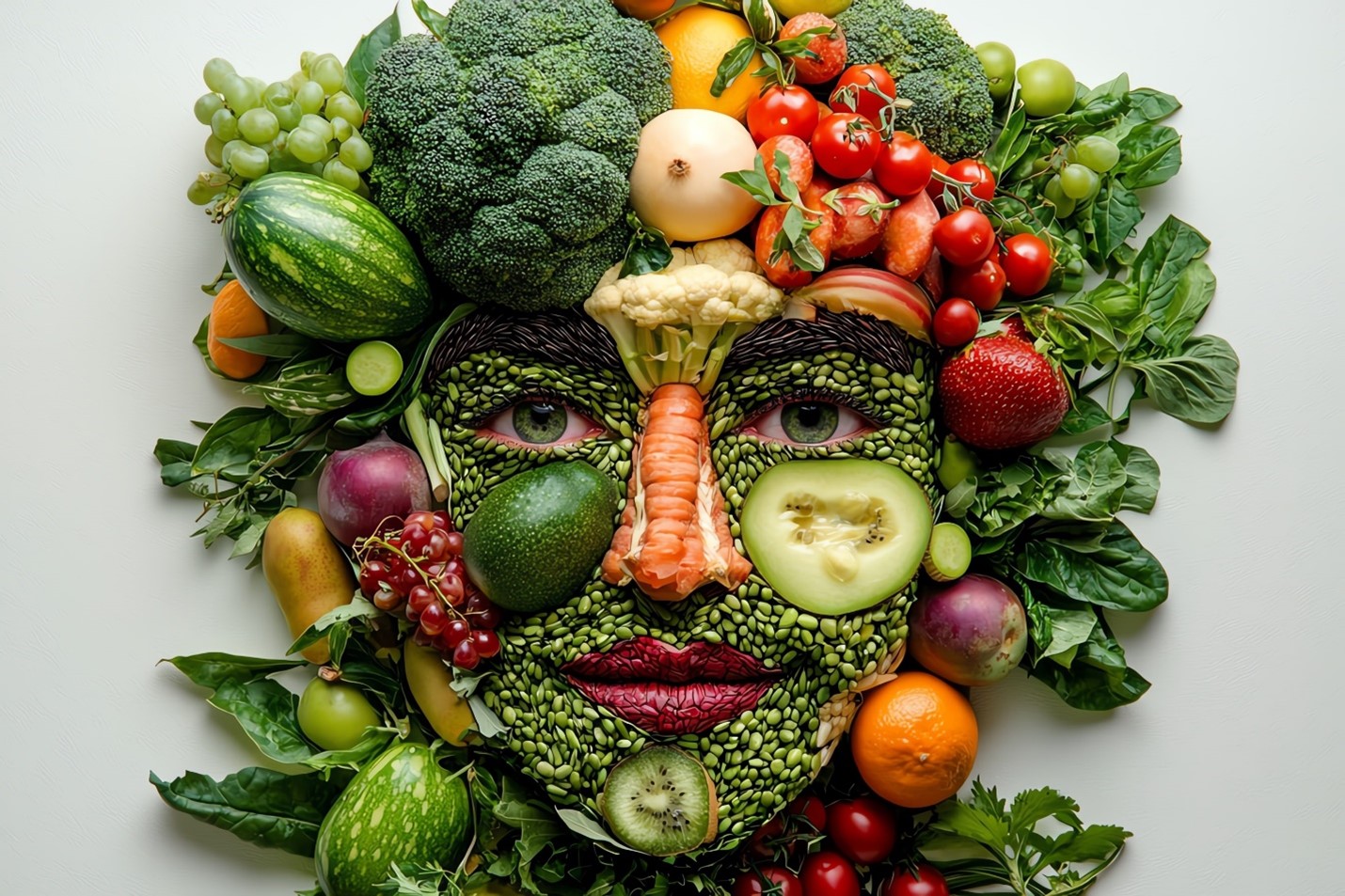Your skin is a reflection of your overall health, and what you eat plays a significant role in its appearance and vitality. While skincare products can help manage external factors, the nutrients you consume have a profound impact on how your skin looks and feels from the inside out. From combating acne to achieving a radiant glow, Jason Emer MD reviews how understanding the link between diet and skin health can empower you to make better dietary choices for your complexion.
The Connection Between Diet and Skin Health
Your skin is the body’s largest organ, and like any other organ, it depends on proper nutrition to function optimally. A balanced diet provides essential nutrients that promote cell regeneration, repair damage, and combat environmental stressors. Conversely, poor dietary habits can lead to inflammation, breakouts, premature aging, and other skin concerns.
Key areas where diet influences skin health include:
- Inflammation: Certain foods can trigger inflammation, worsening conditions like acne, eczema, and rosacea.
- Hydration: Foods with high water content help maintain skin’s elasticity and prevent dryness.
- Antioxidant Protection: Nutrients like vitamins C and E protect against free radical damage that leads to premature aging.
- Oil Production: The balance of fats in your diet affects your skin’s natural oil production, which impacts hydration and acne.
How Diet Impacts Common Skin Concerns
1. Acne and Breakouts
Acne is often linked to hormonal imbalances and inflammation, both of which can be influenced by diet.
- High Glycemic Index Foods: Foods like white bread, sugary snacks, and soda cause spikes in blood sugar, leading to increased insulin levels. High insulin stimulates oil production, which can clog pores and lead to acne.
- Dairy: Some studies suggest that milk, particularly skim milk, can exacerbate acne due to hormones present in dairy products.
- Omega-3 Fatty Acids: Found in fatty fish, flaxseeds, and walnuts, omega-3s help reduce inflammation and may improve acne symptoms.
- Zinc: Foods rich in zinc, such as pumpkin seeds, chickpeas, and quinoa, can help regulate oil production and promote skin healing.
2. Dullness and Lack of Radiance
A dull complexion is often a sign of poor hydration, inadequate vitamins, or a lack of antioxidants.
- Vitamin C: Found in citrus fruits, bell peppers, and strawberries, vitamin C boosts collagen production, brightens skin, and fights oxidative stress.
- Vitamin A: Foods like sweet potatoes, carrots, and spinach promote cell turnover, helping to keep skin smooth and vibrant.
- Water-Rich Foods: Cucumbers, watermelon, and leafy greens help hydrate your skin from within, improving its natural glow.
3. Premature Aging
Aging is a natural process, but diet can either accelerate or slow down visible signs like wrinkles and sagging.
- Antioxidants: Foods like blueberries, green tea, and dark chocolate are rich in antioxidants that neutralize free radicals, protecting skin from aging.
- Healthy Fats: Avocados, nuts, and seeds contain healthy fats that keep skin supple and moisturized.
- Sugar: Excess sugar in the diet can lead to glycation, a process that damages collagen and elastin, resulting in wrinkles and loss of firmness.
4. Dryness and Flakiness
Dry skin is often linked to a lack of essential fatty acids and inadequate hydration.
- Omega-6 Fatty Acids: Found in nuts, seeds, and vegetable oils, omega-6 fatty acids maintain the skin’s protective barrier.
- Hydrating Fruits and Vegetables: Foods like oranges, cucumbers, and celery help replenish water levels in the skin.
- Vitamin E: Present in almonds, sunflower seeds, and spinach, vitamin E locks in moisture and protects skin from damage.
5. Inflammation-Related Conditions
Chronic inflammation can manifest as redness, sensitivity, or flare-ups in conditions like rosacea and eczema.
- Anti-Inflammatory Foods: Turmeric, ginger, and leafy greens help calm inflammation and reduce flare-ups.
- Probiotics: Fermented foods like yogurt, kimchi, and kefir support gut health, which is closely linked to inflammation and skin conditions.
- Sugar and Processed Foods: Reducing these can lower systemic inflammation and improve skin clarity.
Key Nutrients for Healthy Skin
To promote overall skin health, focus on a diet rich in the following nutrients:
- Vitamin C: Supports collagen production and fights free radical damage. Found in oranges, kiwis, and broccoli.
- Vitamin E: Protects skin from oxidative damage and improves hydration. Found in almonds, sunflower seeds, and spinach.
- Vitamin A: Encourages cell turnover and repair. Found in sweet potatoes, carrots, and liver.
- Zinc: Helps regulate oil production and heal acne. Found in oysters, nuts, and legumes.
- Omega-3 Fatty Acids: Reduces inflammation and keeps skin moisturized. Found in salmon, flaxseeds, and walnuts.
- Selenium: Protects against sun damage and maintains skin elasticity. Found in Brazil nuts, eggs, and whole grains.
Hydration and Skin Health
Staying hydrated is crucial for maintaining healthy skin. While drinking water is important, you can also increase hydration through food. Water-rich fruits and vegetables like cucumbers, watermelon, and oranges help keep your skin plump and hydrated.
Tips for Improving Your Diet for Better Skin
- Incorporate Whole Foods: Focus on fresh fruits, vegetables, lean proteins, and whole grains.
- Limit Processed Foods: Avoid foods high in sugar, trans fats, and artificial additives that contribute to inflammation.
- Eat Healthy Fats: Include sources of omega-3 and omega-6 fatty acids to support skin elasticity and hydration.
- Practice Moderation: Enjoy indulgent foods occasionally, but prioritize nutrient-dense options.
- Stay Consistent: Dietary changes take time to show results on your skin, so be patient and consistent.
Your diet is a powerful tool for maintaining healthy skin. By making mindful food choices and focusing on nutrient-rich ingredients, you can address common skin concerns like acne, dullness, and dryness. Remember, your skin is a reflection of your overall health, so a balanced diet not only improves your complexion but also enhances your well-being. Start nourishing your skin from the inside out today!
For more information – go to EMER Skin
